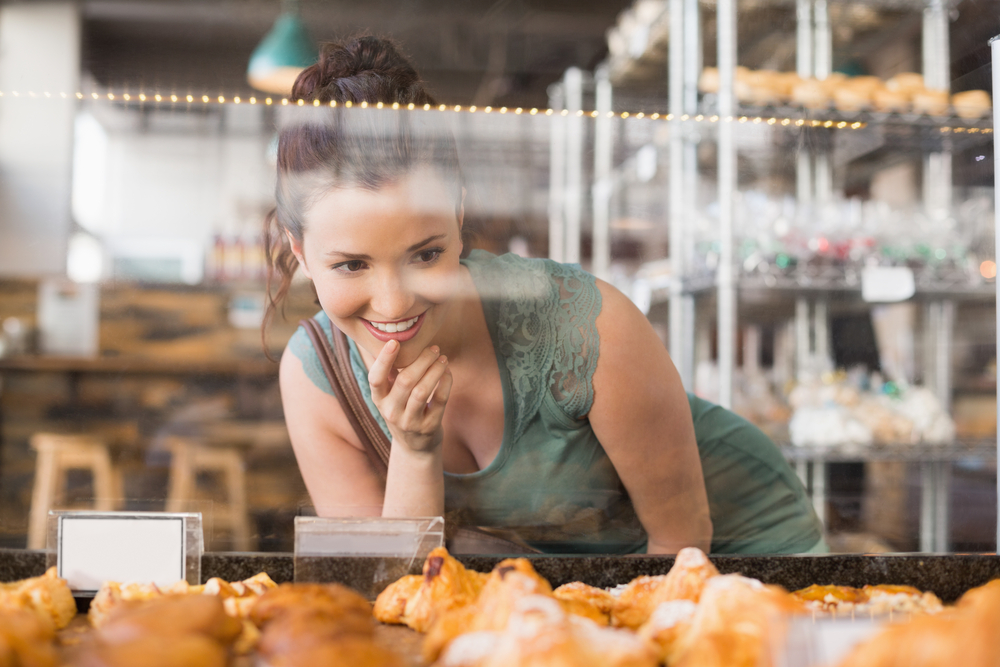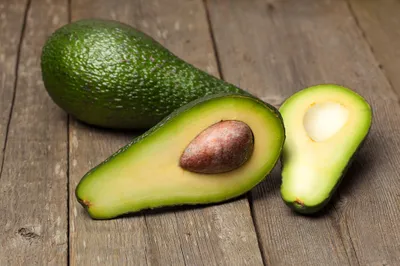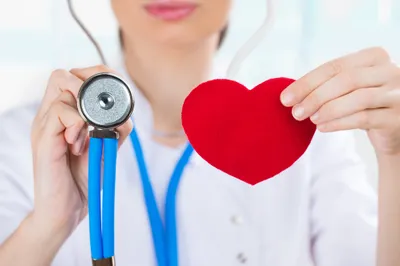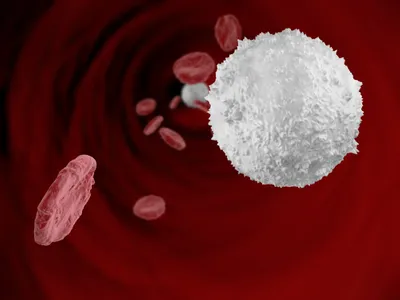For years, fat was the scourge of the dietary universe. An entire generation of overweight people trained themselves to excise all fat from their diet in hope of slimming down. The food industry was all too happy to roll out new kinds of “low fat” and “fat free” products to meet this demand. As we’ve known for some time now, however, the fat content of our favorite foods is not necessarily to blame for the obesity epidemic. Fat, at least sensible amounts of the right types, is an important part of any healthy diet. Here is a primer on why you shouldn’t fear fat in your diet…
1. Energy Production
Fat is a crucial component of the energy mix, alongside protein and carbohydrates. What many people fail to realize is that fat is actually the most efficient of the three when it comes to providing your body with energy. According to health professionals at UCLA, for every gram of fat the body takes in, 9-calories of energy are produced, while carbohydrates and proteins only produce about 4-calories per gram consumed.
So by skipping fat, you’ll have to consume more calories, usually in the form of carbs, to produce the same amount of energy. This is the classic trap that many “Low Fat” dieters find themselves in. Despite all their efforts to consume less fat, they do not lose weight or improve their health.
2. Healthier Skin
Fat, specifically saturated fat, actively protects your skin from the sun. A person that does not get enough fat in their diet is more likely to see their skin wrinkle, sunburn and even develop cancer. This is why people have used coconut oil, a fruit loaded in naturally occurring saturated fat, on their skin for centuries.
In places like the Pacific islands, where coconut is dietary staple, the people have famously smooth skin, despite the fact they live outdoors and take in much more sun the average wrinkly-skinned North American. Research from Oregon State University’s Macronutrient Center explains that Omega-3 fatty acids prevent the skin from oxidation, which is what UV rays do to the skin.
3. Cardiovascular Health
Fat plays a key role in maintaining the health of the hearth and preventing heart disease, the number one killer of people in the United States. Yes, too much fat from too much red meat and processed foods is the primary cause of cardiovascular disease, but too little fat in the diet is also problematic.
According to research from the National Institutes of Health, the right amount of fat in the diet proves to be beneficial in fighting off heart disease because the presence of fat reduces the level of a lipoprotein, a substance that is believed to be a direct cause of heart disease. So again, removing all the fat from your diet might be just as bad as over-consuming it. Consume the recommended amounts, and you are on your way to lowering your risk of heart disease.
4. Vitamin Absorption
Fat is the vehicle by which certain crucial vitamins make their way through your body. Specifically, vitamins A, D, E and K are fat soluble, according to research from Colorado State University, which means that the body absorbs and stores these vitamins in fat cells. Not taking in enough fat means that you will also make it harder for your body to absorb and store these vitamins that aid in all kinds of bodily functions like the immune system, gene expression, and bone production.
Take for instance vitamin D, a nutrient that many people in cold weather climates are deficient in especially in the winter months. Vitamin D is directly involved in bone growth, immunity, and cell growth. Because the amount of Vitamin D is sometimes lacking in people, it is even more crucial to make sure that the Vitamin D that is in the body is properly transported and absorbed.
5. Brain Health
People always tell you, “Use that muscle between your ears.” Actually, your brain is mostly fat, according to studies from the National Institutes of Health. And without fat, your brain would have a very hard time functioning. Consuming fat, specifically saturated fat, provides the raw materials that brain needs to maintain and re-generate itself.
The neurons in your brain that send and receive messages have membranes (or surfaces) that are protected by a covering called Myelin, which is made up of 70-percent fat. A large part of myelin comes from oleic acid, one of the most common fatty acids found in breast milk, as well as oils derived from peanuts, pecans, almonds, and avocados. In other words, you are not doing your brain any favors if your diet consists of only celery and carrot sticks.
6. Organ Health
Pretty much every organ relies on fat for one function or another, says research from University of Pennsylvania’s Department of Recreation. Take the lungs for instance. The airspace in each of our lungs is covered with a thin layer of what is called surfactant. This substance is very important to the proper functioning of our breathing system and it is composed entirely of saturated fatty acids. Likewise, the liver is more vulnerable to some commonly consumed toxins like alcohol and acetaminophen if it does not have an adequate supply of fat to protect it.
Both the kidneys and intestines are surrounded in a cushion made entirely of fat. That fatty cushion is essentially a protective layer that shields the organs from blows, impacts and other trauma. These fatty organ cushions are so important that the body will only tap into them as an energy source if all other body fat has been depleted.
7. Curbing Cravings
Let’s face it. The average appetite craves a certain amount of fatty food. By depriving yourself of fat, however, what often happens is that the body demands more food than would normally be necessary in order to compensate.
The other problem is gorging. A strict low-fat diet that is adhered to 99-percent of the time can backfire when, in a moment of weakness, the craving for some fatty food comes out in full force and leads to a regrettable meal of pizza and Buffalo wings, with nachos on the side, and ice cream cake for dessert.
8. The Immune System
White blood cells are the immune system’s tip of the spear and the job of these cells is to hunt down and neutralize viruses, bacteria, and any other foreign bodies present within your blood stream. White blood cells have a hard time doing their job, however, if the body is missing a few key fatty acids, namely myristic and lauric acid (found in butter and coconut oil), according to top Bariatric doctors like Dr. Michael Eades and Dr. Mary Eades.
Without these fatty acids, your immune system is like an army without any ammo. Now this does not mean you should start chugging buttermilk if you feel a cold coming on. But it is yet another reason why you must remember that fat is an integral part of a healthy diet and to make sure that you are getting enough of it in conjunction, and moderation, with all the other essential elements to a healthy diet.











